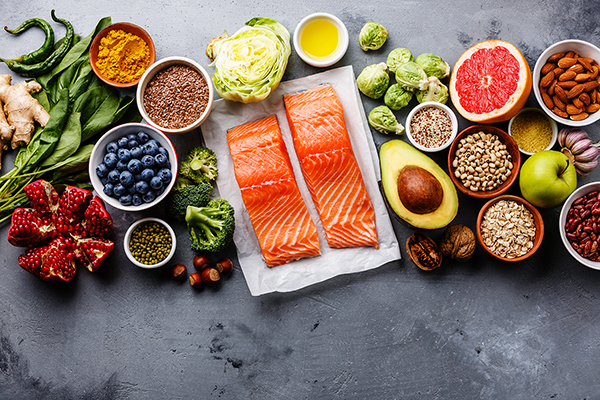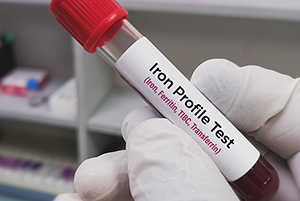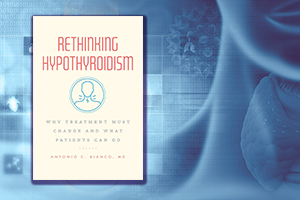



| By Dr. Ronald Hoffman

I’m freshly back from the American College of Nutrition 59th annual meeting in Seattle. It was an information-packed and inspirational meeting, offering an exciting roadmap for the future of nutritional medicine.
I’ve been involved in recommending diet and supplements for nearly 35 years. In 1989 I wrote my first book, The Diet-Type Weight Loss Program. It contained an elaborate questionnaire that scored personal characteristics to help the reader achieve a “match” to the right type of diet for them.
While there have been major advancements, in some ways the prediction paradigm hasn’t changed all that much. Your practitioner is likely to fall back on some stock “moves”:
But all these approaches partake heavily of the nutritional bias of the practitioner; in a sense, we marshal science—whichever studies we prefer—to buttress our preconceived ideologies.
So how have we as nutritional practitioners individualized diets for our patients?
This is not to say we’re not achieving great results with these methods; even generic diet and supplement advice can revolutionize a person’s health.
But there are many instances where this is not enough.
What if a person is perfectly healthy, but has some problematic family history, say, of premature Alzheimer’s Disease, cancer, or heart disease? Are they at risk? What can they do, other than follow some ideal “healthy” diet and lifestyle—whatever that is?
Alternatively, what if a patient is unresponsive to all the “right” moves? For example, there’s a subset of patients who respond paradoxically to a low-sodium diet—their blood pressure goes UP. And, while coffee is now considered “heart healthy” for most, for others it can cause anxiety, high blood pressure, and dangerous arrhythmias. There are even occasional patients who are unresponsive to fish oil, and for whom too much may actually be counter-productive.
It’s high time for saturated fats to have been vindicated, but it’s undeniable that for some patients, too much fat can accelerate disease progression. Even too much fiber—usually considered a nutritional “verity”—may backfire.
Is there a reliable way of predicting these reactions, or are we stuck in trial and error mode? How can we as nutritionists issue blanket recommendations in good conscience when there’s such abundant evidence of genetic and biochemical diversity?
I’m convinced that nutrition is about to enter the precision era by harnessing newly available tools of the “Omics” Revolution.
Underlying this are new developments in analytical power amplified by great leaps in computational capabilities via artificial intelligence and machine learning. Moore’s Law predicts these tests, now being pioneered in research settings, will soon be cheap enough to be accessible to the public.
The same technologies that underlie facial recognition in your phone, analyze tumor genes to match patients to appropriate cancer therapy, and monitor the bodily processes of astronauts at the International Space Station—can now be harnessed for novel forms of nutritional analysis.
In Part 2 of this article, we’ll see how omics will be applied to the challenge of offering precision individualized nutrition advice.
Though we think of declining estrogen as the hallmark of menopause, it's actually common for…

Up to 12 percent of Americans have ulcers at some point in life. Peptic ulcers…
Gallbladder disease is a modern illness. An estimated 20 million Americans have gallbladder disease. The…

I just returned from a dive trip to Turks and Caicos and wanted to share…

Q: According to my latest bloodwork, I have low levels of ferritin. Can you shed…

Dr. Antonio Bianco, recipient of the American Thyroid Association’s John B. Stanbury Thyroid Pathophysiology Medal,…

Leyla Weighs In: Decoding Food Allergies, Intolerances, and Sensitivities

Our virtual voicemail is open 24/7, so there's no need to wait to submit your questions for Dr. Hoffman. Leave a message, and you may hear your question featured on the Intelligent Medicine radio program!